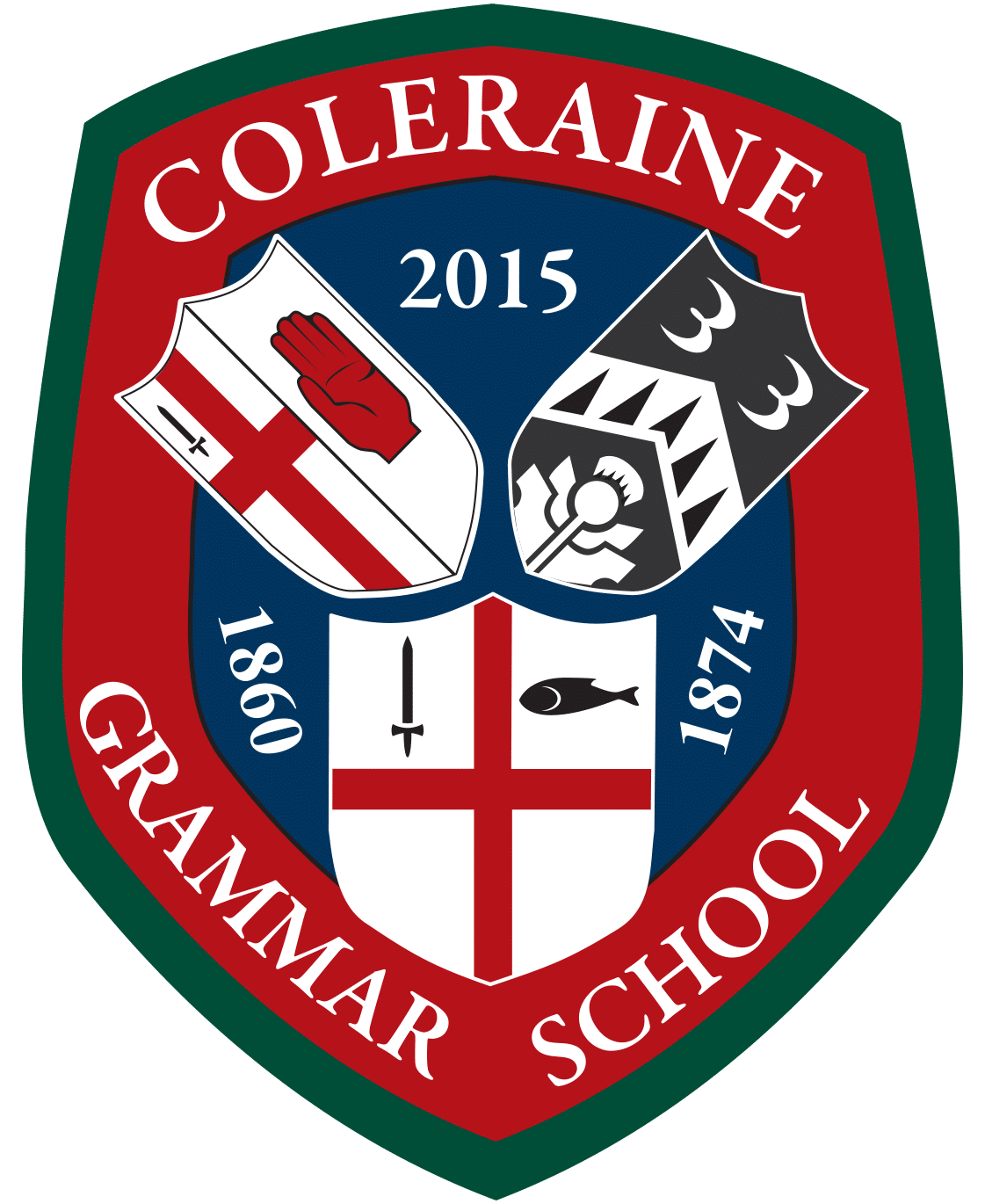Business Studies courses are interesting and dynamic. If you watch the news, read newspapers, have an interest in the world around you then you have a good start in understanding how businesses operate. Students learn a range of skills in Human Resource Management, Finance, Marketing and the organisation of the production of goods and services. Business Studies is a popular option for GCSE and/or A Level study. We aim to prepare students for life-long learning by implementing classroom strategies such as setting open ended challenges and promoting independent learning. The subject has a strong emphasis on the practical application of theory through the use of case studies and students are given opportunities to develop life skills such as managing information, communication, problem solving, decision making and working with others, to name a few. It is a valuable subject for the following careers: Accountancy, Banking, Marketing, Law, Public Relations, Teaching, Personnel, Business Management and Administration.
Department Facilities:
We have a well-equipped, spacious teaching room equipped with an interactive whiteboard and an IPad. We have access to computer suites. We also have a wide range of DVD’s covering many business topics. Students are encouraged to make use of the Times 100 Case Studies, the Business Review Magazine which is available in the school library and online as well as various revision websites such as Tutor2U.
Is Business Studies suitable for me?
Business Studies is suitable for students who can write well, have an interest in the world of business and entrepreneurship and possess reasonable numerical skills. The courses also combine well with English, Mathematics, Geography, Psychology, ICT, Technology and Design as well as Modern Languages.
Trips, Visits and Extra-curricular activities
The Business Studies Department is committed to enabling pupils to experience first-hand the world of business. For example:
Year 12 Business Studies Visit to Kerry, Coleraine and Year 14 Visit to Coca-Cola, Lisburn
Year 12 and 14 Business Studies take an industrial visit to conduct research for their GCSE controlled assessment task, bring to life theoretical aspects of their As and A Level course and to receive information about career opportunities within the business. Students gain a fantastic insight into the businesses we visit. They learn, for example, about production, technology and training, how the business operates on a global scale and stays ahead of the competition. These visits are really useful, giving the students a great insight into how businesses work.
To support the specifications and enhance pupil learning we aim to organise visiting speakers from local businesses as well as industrial visits and we also take part in the following activities where possible:
Stock Market Challenge Inter-Schools Event – Year 11
Two teams of 5 Year 11 students compete against other schools during a session of simulated trading on the financial markets, making decisions under pressure, taking calculated risks and experiencing the excitement of the trading floor. This enjoyable and rewarding challenge gives students an insight into career opportunities within the financial services sector and helps them develop important skills such as communication, problem-solving and working with others. In previous years our teams have been very successful with over 25 schools participating.
Departmental Successes
Charlotte Campbell represented Northern Ireland at a global young leader’s conference in Canada on August 10th 2015. Charlotte was selected by entrepreneurship charity Young Enterprise to attend the Next Generation Leaders Forum (NGL). She was selected from a pool of over 1,400 young people who took part this year in the Young Enterprise Company Programme in Northern Ireland following an interview process with some of Northern Ireland’s industry leaders. The annual event, held at Trent University in Ontario, connects top young leaders from around the world with established business leaders to tackle real business challenges faced by global organisations. Charlotte absolutely loved this experience and it inspired her to pursue a career in Business.

